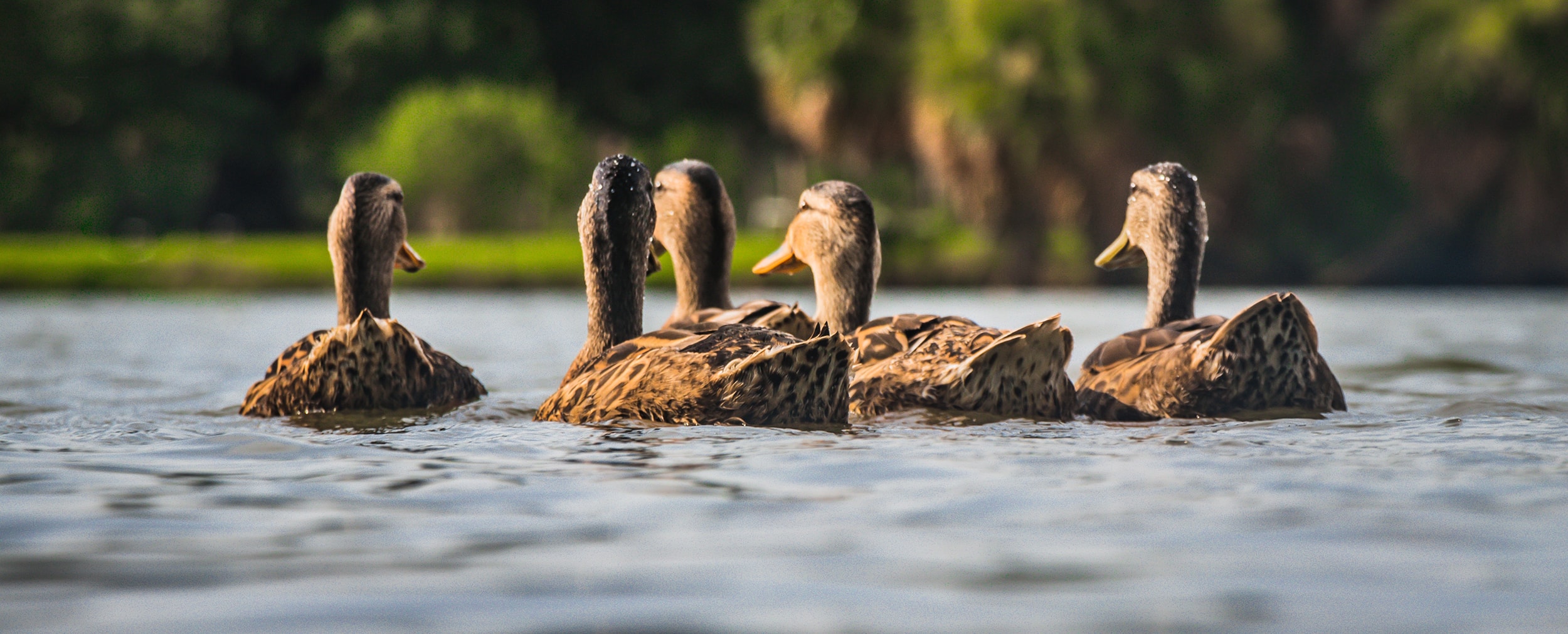On 15 May 2024, organisations from across the globe gathered in person for the first-ever General Assembly of the World Federation for Animals. Together, the Federation of 61 organisations committed to embark on a journey to ensure animal welfare is recognised as essential to the achievement of the global sustainable development agenda.
The planet is in crisis.
We, the World Federation for Animals, recognise the unprecedented threats facing humanity, the trillions of other animals, and our shared environment.
We are confronted by a climate, pollution, and biodiversity crisis that reshapes our world. We have just faced the largest public health emergency in a century that cost countless lives and set back development worldwide. These crises are interconnected, and their impacts are profound.
How we interact with animals is driving our planet’s crises.
Our production systems – including for food, clothes, cosmetics, and medicine – are highly exploitative of humans, animals, and the planet, undermining our collective health and wellbeing.
By maintaining billions of animals in factory farms, with the deforestation for feed production and overuse of antimicrobials, we are magnifying the impact of ongoing environmental crises. We are also setting the stage for the next global pandemic. By removing and exploiting wild animals from their habitats as pets or for medicinal purposes, we are not only inflicting widespread suffering but also damaging their ecological roles, including their ability to capture carbon and support biodiversity. By depleting ocean populations through unsustainable fishing practices, we are disrupting marine ecosystems, which are essential for regulating the global climate.
These systems that rely on poor animal welfare are unsustainable. They are against the values of the vast majority of global citizens. They pose a threat to all forms of life.
We have an opportunity.
In contrast, systems with high animal welfare have the potential to unlock better outcomes for humans and the planet.
By shifting towards regenerative and nature-friendly practices that support the well-being of animals and farmers alike, we can feed and nurture our communities and our planet. By investing in the development of new, alternative materials and technologies, we can propel innovative new industries and create jobs that uplift animals and humans together. By restoring natural habitats and reintroducing native species, we can rebuild ecosystems that are crucial for our survival and that of countless other species. By protecting the welfare of wild and domestic animals, we can minimise the risk of emerging diseases and safeguard our health.
These changes are strategies towards the goals – like zero hunger, good health and wellbeing, and climate action – that countries around the world have set for themselves in the global sustainable development agenda. Their fulfilment will benefit humans, animals, and the planet. Today, policymakers and citizens around the world have the opportunity and means to redefine how we achieve our goals for a sustainable future that provides for the welfare of animals – for them and for us.
Our promise.
We believe that systemic policy changes create lasting impacts. Together, we therefore commit today to ensuring animal welfare is recognised as a cornerstone of the sustainable development agenda. By working with international organisations, governments, corporations, and communities, we will pave the way for a sustainable and equitable world where the care of animals is inherent to our thriving.
Together, we are not just envisioning a future – we are actively creating one where the welfare of all living beings is our measure of progress.


